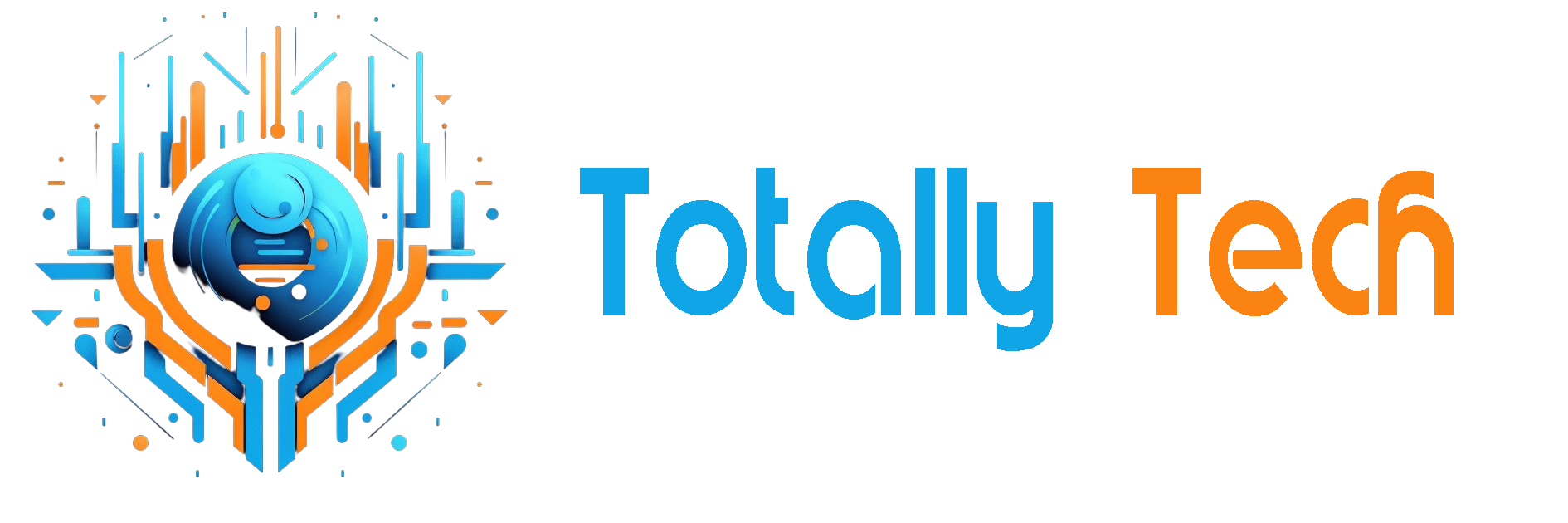
NTT DATA’s latest Global GenAI Report, based on an expansive survey of 2,307 executives across 34 countries, provides an in-depth look at how Generative AI (GenAI) is redefining business landscapes in 2025. With respondents spanning 12 industries—including automotive, banking, healthcare, and manufacturing—this report sheds light on the transformative potential and challenges of GenAI as organizations move beyond experimentation to integration. Covering global markets from North America to Asia-Pacific, the findings offer a clear view of GenAI’s impact across strategy, workforce, technology, ethics, and sustainability.
GenAI Sentiment: Hype vs. Reality
A decisive 96% of C-suite executives see GenAI as a revolutionary technology with long-term potential, yet there is some skepticism about immediate ROI. While nearly half of respondents remain cautious about the immediate benefits, 68% express optimism about GenAI’s potential to transform industries. Notably, 97% of organizations are actively planning further investments, underscoring the shift from viewing GenAI as a “nice-to-have” to a critical strategic asset.
Strategic Transformation: Moving from Experimentation to Core Strategy
One of the report’s most notable insights is the shift from fragmented experimentation to intentional, focused GenAI strategies. While 83% of respondents report having a defined GenAI strategy, 49% have yet to align it fully with overall business goals. Key drivers motivating GenAI adoption include:
- Productivity Gains: Nearly all CEOs (96%) believe that GenAI will boost productivity.
- Improved Compliance: 80% of organizations aim to enhance process adherence and regulatory compliance through GenAI.
- Enhanced Customer and Employee Experiences: The top focus areas for GenAI include personalized service, employee support, and improved compliance.
- Operational Efficiency: GenAI applications in automation and process improvements are a priority across sectors.
Industry-specific motivations vary, but many share a focus on productivity, compliance, and experience optimization. For instance, automotive companies are prioritizing quality control, risk assessment, and automation, while banking and investment sectors focus on risk management and fraud detection.
Building Dedicated GenAI Teams
Organizations investing in dedicated GenAI teams report significantly higher satisfaction with their AI efforts. Nearly 80% of respondents say they have either established or are building expert GenAI teams. Notably, those with established GenAI teams are three times more likely to express satisfaction compared to those still in planning phases. The government, insurance, and life sciences sectors are leaders in building these expert teams, while education and retail have slower adoption rates. Companies are actively recognizing that expertise in GenAI is crucial for successful, scalable implementations.
Technological Challenges: Infrastructure Gaps and the Need for Cloud Solutions
Technological limitations, especially around legacy systems, present major hurdles. Outdated infrastructure is a notable obstacle, with 90% of respondents indicating that legacy systems are constraining their GenAI potential. Only 45% feel strongly that they currently have the necessary infrastructure to support GenAI. Cloud solutions emerge as the favored approach, with 81% of respondents viewing them as essential for scalable, efficient GenAI applications. CIOs and CTOs are re-evaluating IT architectures, particularly edge and cloud computing, to keep up with the increasing demands of GenAI.
Security and Ethical Concerns: Balancing Innovation with Responsibility
As GenAI grows more integrated into enterprise functions, ethical considerations and security risks are becoming top concerns. Security is a primary worry, with 89% of C-suite executives expressing concern about the security risks associated with GenAI. Only 45% report that their cybersecurity and GenAI strategies are fully aligned, highlighting a gap that companies must address to balance risk and innovation. Leadership accountability is also emerging as a priority, with 82% of respondents emphasizing the need for a named executive responsible for GenAI ethics and governance.
Workforce Impact: Training and Upskilling in the Age of GenAI
A key challenge revealed in the report is a skills gap: two-thirds of organizations acknowledge that employees currently lack the skills to fully leverage GenAI. To address this, over half of the companies surveyed are investing in GenAI-specific training. Notably, organizations investing in employee upskilling have reported substantial improvements in employee satisfaction and retention, with 93% stating that GenAI deployments have positively impacted these metrics.
In terms of specific skill development, 64% of respondents highlight in-house GenAI development skills as a critical need, and top-performing organizations are actively building these competencies. Additionally, tools like predictive analytics, decision management systems, and AI-powered chatbots are among the most commonly planned GenAI solutions aimed at enhancing employee experience.
Sustainability and GenAI: Balancing Environmental Impact with Innovation
While GenAI brings productivity gains, its high resource demands often conflict with sustainability goals. According to the report, three-quarters of respondents believe that their GenAI goals are at odds with sustainability objectives, particularly due to the energy-intensive nature of GenAI operations. Although 94% of respondents support using renewable energy sources for GenAI, 75% acknowledge a misalignment between GenAI and sustainability strategies. This conflict highlights the importance of finding environmentally responsible approaches to GenAI implementation, including energy-efficient data management practices.
Future Outlook: Small Language Models, Multimodal Approaches, and AI Agents
Looking ahead, the report indicates that GenAI’s next phase will involve small language models (SLMs) and multimodal AI approaches to refine decision-making and predictive accuracy. There is a growing interest in “agentics,” a field where AI-driven agents tackle complex problem-solving tasks independently. As the technology matures, organizations are focusing on developing GenAI applications that not only automate but also solve complex problems autonomously.
Key Recommendations for Organizations to Navigate the GenAI Landscape
To succeed with GenAI, NTT DATA recommends that organizations focus on several key areas:
- Strategic Alignment: Ensure that GenAI strategies are fully integrated with overall business objectives.
- Infrastructure Modernization: Upgrade IT infrastructure to support scalable GenAI applications, particularly through cloud-native solutions.
- Workforce Development: Invest in training and upskilling to equip employees with GenAI capabilities.
- Ethics and Governance: Establish strong governance frameworks, including a dedicated GenAI ethics executive, to guide responsible AI use.
- Sustainability Goals: Align GenAI objectives with sustainability initiatives to ensure environmentally responsible use.
Conclusion
NTT DATA’s 2025 Global GenAI Report offers a comprehensive examination of how GenAI is reshaping industries worldwide. From addressing legacy infrastructure challenges and ethical considerations to closing skills gaps and aligning with sustainability, the findings underscore GenAI’s complex and transformative impact. For organizations looking to leverage GenAI effectively, the focus must remain on integration, governance, and continual assessment of both the opportunities and challenges that this powerful technology presents.
The post How GenAI is Shaping the Future of Business: Key Insights from NTT DATA’s 2025 Report appeared first on Unite.AI.



